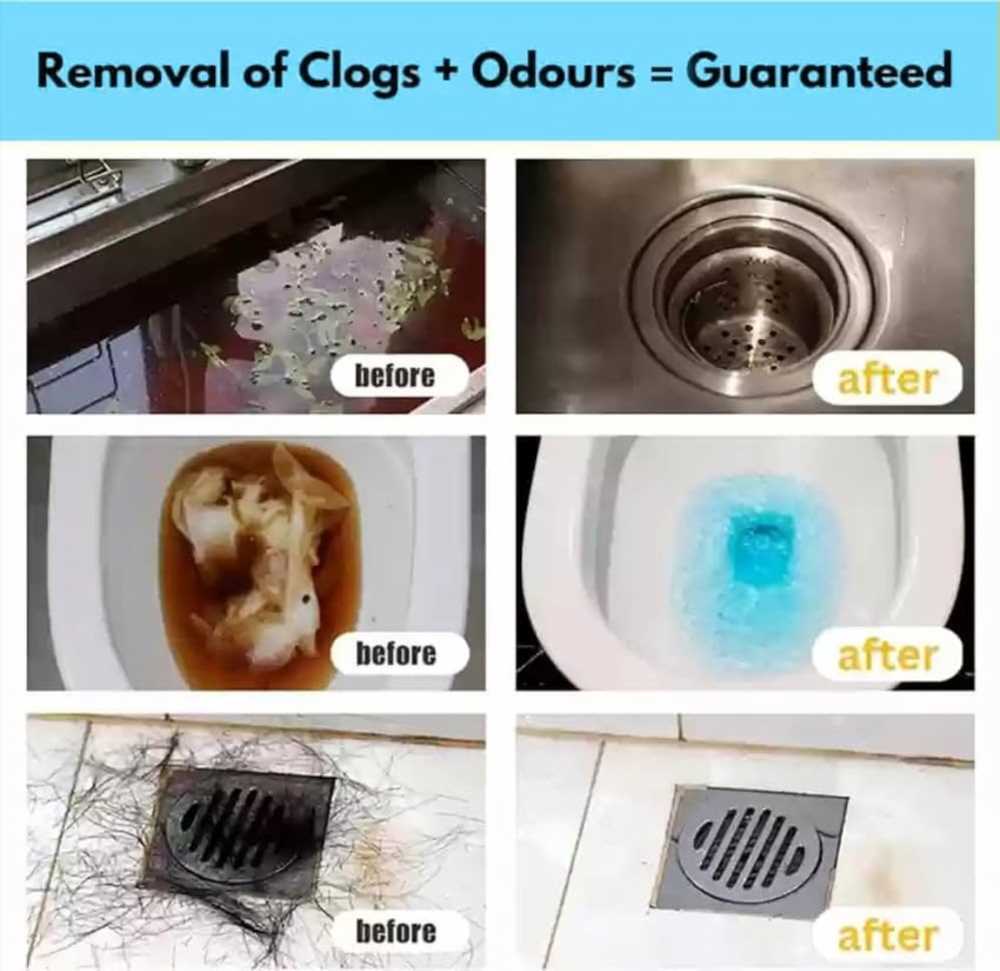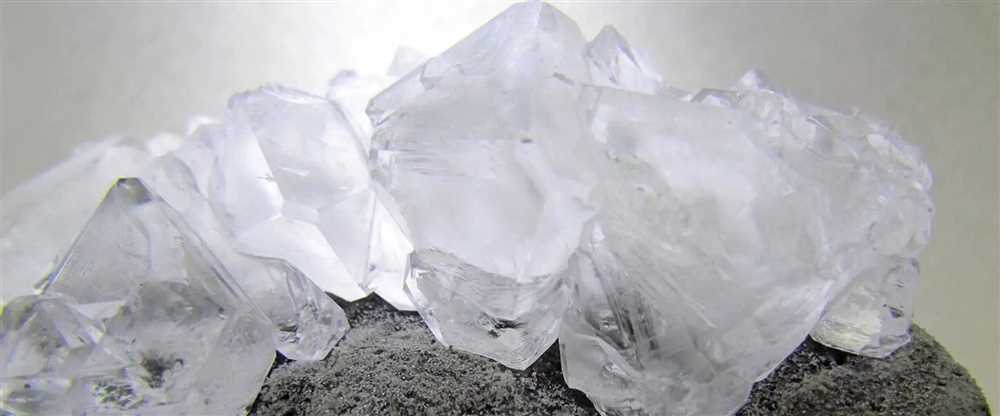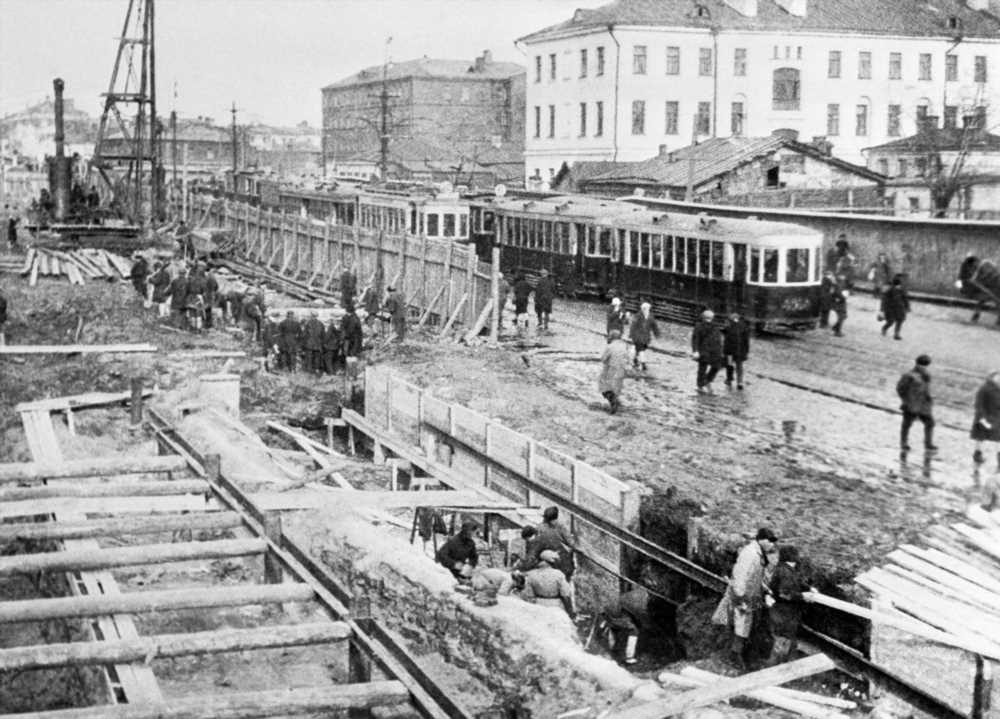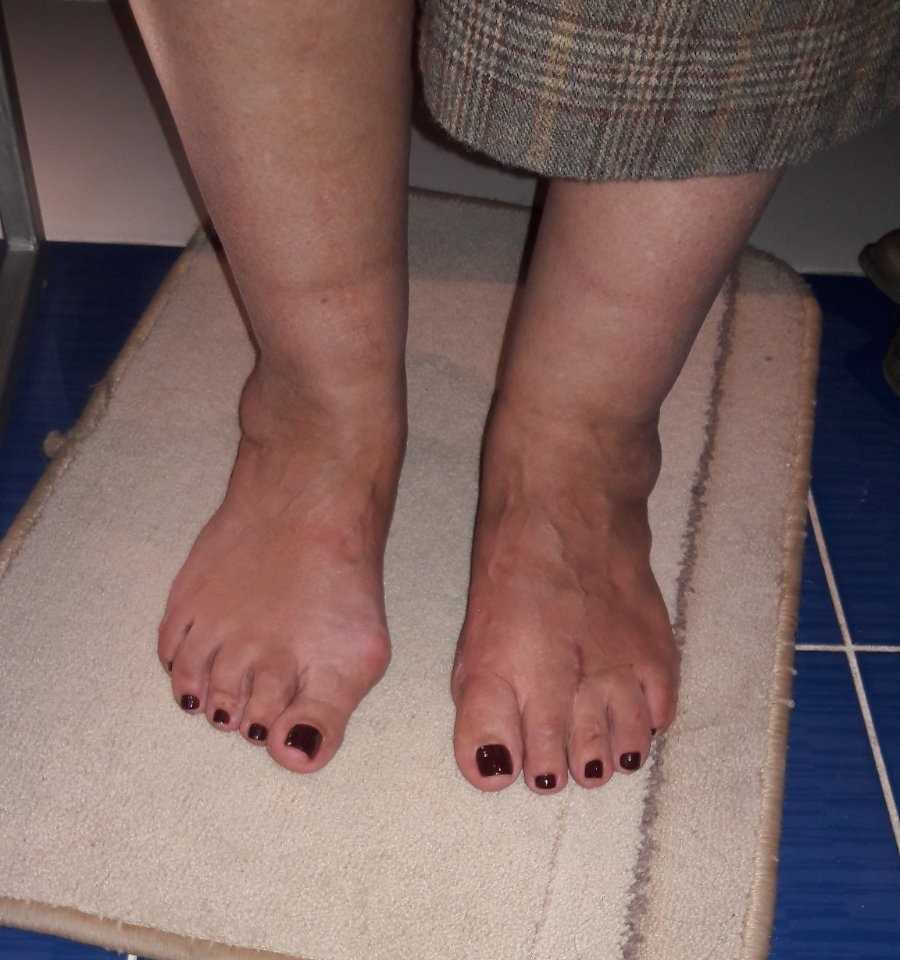Unlocking the Flow: The Significance of Drain Cleaning and Strategies to Prevent Clogs

In the realm of household maintenance, few tasks are as crucial yet often overlooked as drain cleaning. The intricate network of pipes snaking through your home silently performs a vital function, whisking away waste and wastewater to keep your living spaces clean and functional. However, when neglected, these conduits can quickly become breeding grounds for clogs, leading to inconvenience, potential damage, and costly repairs. Understanding the importance of drain cleaning and adopting preventive measures can spare you from such headaches.
The Importance of Drain Cleaning:
Preventing Clogs: Clogs are the most immediate consequence of neglected drain cleaning. Accumulated debris, grease, hair, and other substances can constrict the flow of water, leading to slow drainage or complete blockages. Regular cleaning helps to dislodge these obstructions, ensuring smooth water flow and preventing backups.
Maintaining Hygiene: Clogged drains are not just an inconvenience; they can also pose health hazards. Stagnant water trapped behind blockages becomes a breeding ground for bacteria, mold, and unpleasant odors. Regular cleaning not only prevents clogs but also promotes a hygienic environment within your home.
Preventing Damage: Blocked drains can exert pressure on pipes, joints, and fixtures, leading to leaks, corrosion, and even burst pipes in severe cases. By keeping drains clean and free-flowing, you can mitigate the risk of structural damage to your plumbing system, saving you from costly repairs and replacements.
Preserving Property Value: A well-maintained plumbing system is a significant asset to any property. Regular drain cleaning not only ensures functionality but also contributes to the overall value and appeal of your home. Potential buyers or renters are more likely to be attracted to a property with a history of proper maintenance, including plumbing upkeep.
Strategies to Avoid Clogs:
Mindful Disposal: One of the most effective ways to prevent drain clogs is to be mindful of what goes down the drain. Avoid disposing of grease, oils, coffee grounds, food scraps, and other debris down sinks or toilets. Invest in sink strainers and drain screens to catch hair and larger particles before they can enter the plumbing system.
Regular Maintenance: Incorporate drain cleaning into your routine household maintenance schedule. Use enzymatic cleaners or homemade solutions like baking soda and vinegar to break down organic matter and keep drains clear. For more stubborn clogs, consider using a plunger or plumbing snake to dislodge obstructions.
Hot Water Flush: Periodically flushing drains with hot water can help melt away grease and soap residue that may accumulate along pipe walls. Simply pour boiling water down the drain once a week to help maintain clean and clear pipes.
Professional Inspections: Despite your best efforts, some clogs may be located deep within the plumbing system and require professional intervention. Schedule regular inspections with a licensed plumber to identify and address potential issues before they escalate into major problems.
Preventative Products: Consider using preventative products such as enzymatic drain cleaners or bacterial treatments to help break down organic matter and prevent clogs from forming. These products can be used as a proactive measure to maintain clean and healthy drains.
In conclusion, drain cleaning is an essential aspect of household maintenance that should not be overlooked. By understanding the importance of keeping drains clear and adopting preventive strategies, you can avoid the inconvenience, damage, and expenses associated with clogged pipes. Incorporate regular drain cleaning into your routine and take proactive measures to preserve the functionality and longevity of your plumbing system.









